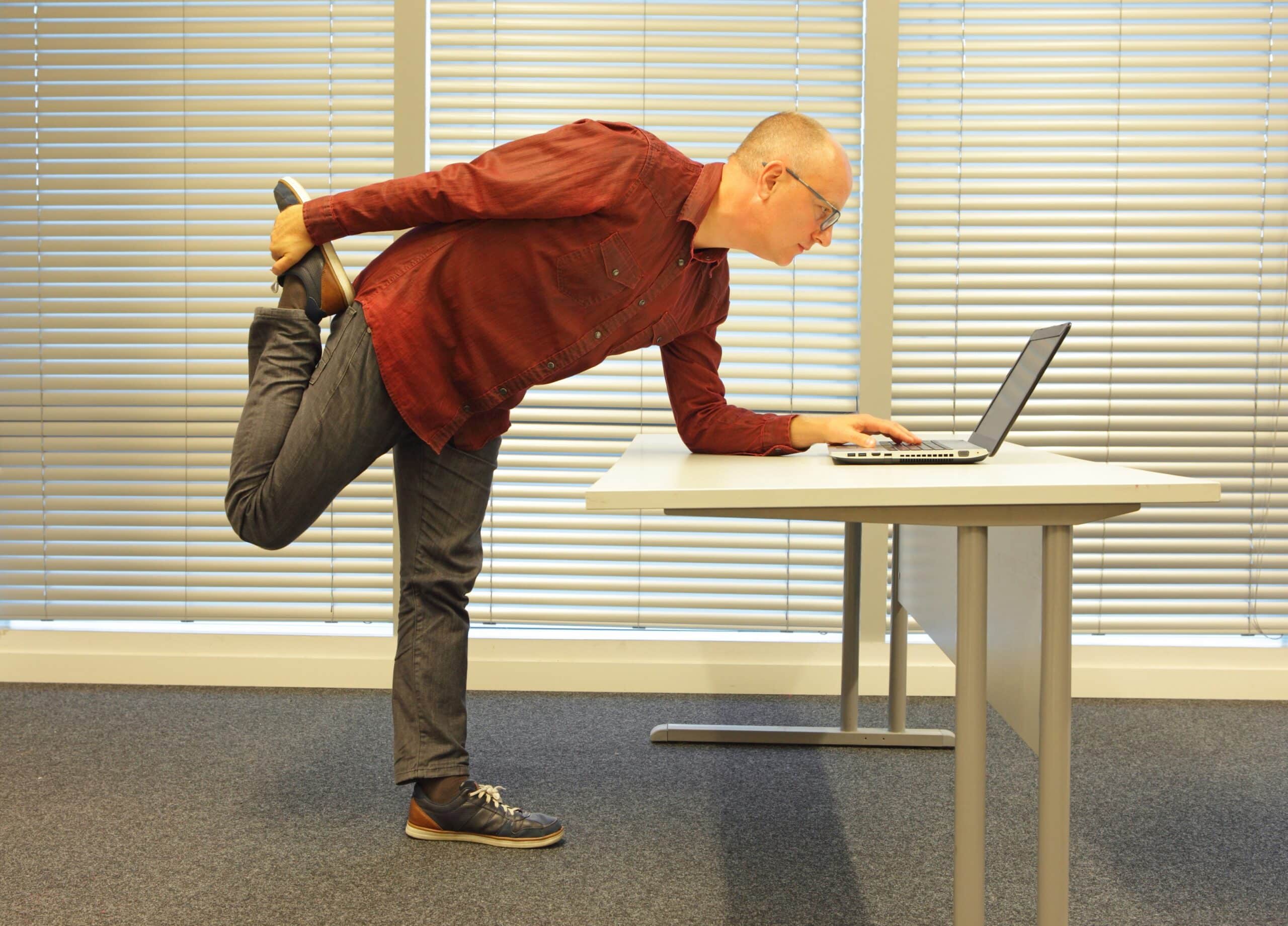Researchers from the Karolina Institute in Stockholm Sweden found that among 16 middle-aged participants with a history of obesity at risk for type 2 diabetes, taking bi-hourly breaks over the course of three weeks helped to reduce fasting blood glucose levels and daily glucose variation as compared to their baseline levels. However, it was noted that the 3-minute breaks every half hour may be the minimum amount of activity needed to prevent some of the negative effects on metabolic health due to being sedentary for the majority of the day.
Half of the participants as controls carried on as normal. The other half during the 3-minute breaks, performed “low-to-moderate-intensity physical activity,” which included activities such as stair climbing, bodyweight squats, and walking with a minimum of at least 15 steps required to be counted as an active break, and according to the researchers the participants wore activity monitors.
While those in the control group displayed continued issues with insulin resistance, blood sugar control, and cholesterol levels, those in the moving group experienced improvements; with those who were the most active (typically 75 steps or more within 3 minutes) improving their metabolism the most compared to those accumulating fewer steps, or those who ignored their alarms frequently. Albeit the changes in baseline were only slight, these did happen in only 3 short weeks, over time these improvements could make a more significant difference.
Taking at least 15 steps twice an hour is indeed a great start, but these should not be the only steps taken towards how much we sit, especially for those sitting for the majority of the day. Other research suggests that American adults typically sit for 6.5 hours a day, most of this is time spent sitting uninterrupted by even the simple act of standing. It is likely that this has been accelerated in recent years, with additional research suggesting that many are more inactive now than they were in 2019.
Sitting for hours on end has been well documented to contribute to unwanted effects on metabolic health, even in those who may appear healthy. The study authors wrote that “Every waking hour spent in sedentary postures (i.e., sitting or lying) increases the risk for metabolic syndrome and type 2 diabetes, partly due to the detrimental effects of inactivity on whole-body insulin sensitivity.”
Professor Erik Näslund, who oversaw this study suggests that those who spend the majority of the day sitting at a desk should set an alarm or get an app to remind themselves to get up and take an active break, which could include “going to the bathroom or getting a coffee.”
“In general, it is important to introduce more physical activity into our lives,” said the professor. “Walk stairs rather than take the elevator. Get off one bus stop earlier on the way home.”
Näslund suggests that “There are so many minor changes we can make that are beneficial for metabolic health,” To be honest he’s not wrong, these could include parking a bit further from buildings, getting off a stop early from public transit, riding a bike, walking to a far water cooler, walking to a window or to the balcony to look outside, walking to the farthest bathroom, walking around your desk while talking on the phone, taking the stairs more, doing jumping jacks, stretching, yoga, Tai Chi, lunges, squats, rollerskating, skipping rope, and walking on any break which could be made even better by venturing outside.




